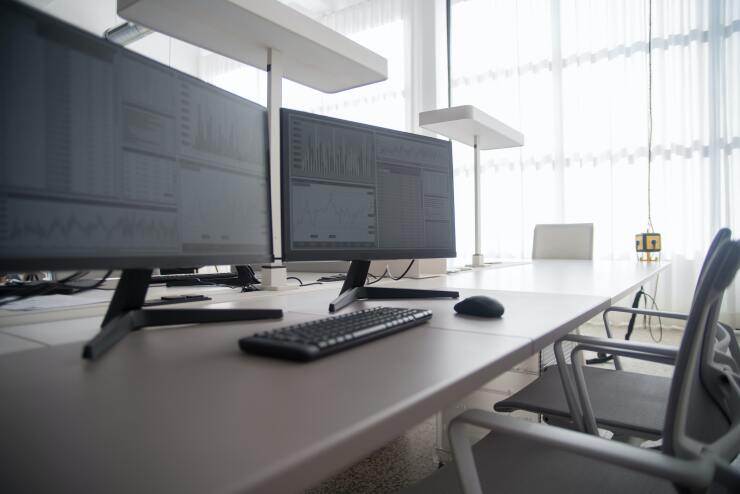The delta variant is throwing a wrench in employers’ return to work strategies.
Before the rise of the new COVID variant — which is behind the 100,000 recent hospitalizations, a level not seen since early February of 2021 — many employers had hoped that they could soon
“While this is still being figured out, the surge of the delta variant is making this transition even more challenging,” says Lalit Mangal, CEO & co-founder of virtual events platform, Airmeet. “And because of this, I see many companies making the call to postpone coming back into the office — if at all.”
Airmeet is a fully remote company — and they plan to be one forever. According to Mangal, due to the pandemic, they’ve seen this become more and more prevalent. In some way, shape or form, every company has initiated some type of hybrid or remote work plan.
Read More:
Airing on the side of caution seems to be the largest trend — companies such as
Even before the threat of the most recent COVID variants, employees were at the end of their rope, resulting in a national labor shortage that
Employees and employers alike are yearning for a sense of normalcy amidst all of the uncertainty, many of which turned to return-to-work initiatives and hybrid offices as a means to find it. But rushing to co-locate while working is just going to cause a lot of mental strain on an employee base, according to Mangal.
Read More:
“Much has changed since the vaccine rollout,” Mangal says. “But our ‘back to normal’ vision is fading away due to these new variants — now more than ever, employers will start to realize that nothing is permanent.”
And while employers reconsider their strategies, one thing to keep in mind above all, according to Mangal, is the
But thanks to all of the technology that has come out of the pandemic, there’s no reason for employers to rock employees’ boats more than necessary, Mangal says. Office reopenings aren’t the only way employers can support their staff and promote a larger sense of control.
Read More:
“Employers should seriously consider the essence of work and welcome a different mindset with what it means to work from home,” he says. “What do we actually call and consider ‘work’ these days? Companies have the opportunity to champion these frameworks to leverage the strategy from top to bottom.”
Moving forward, companies should be developing and instilling new hopes when it comes to the effectiveness of remote working and not worry so much about timelines as it pertains to getting back into office spaces, Mangal suggests. The new COVID variants are just the first of many challenges the industry will face and once a timeline or expectation is placed, employees will hold employers and organizations accountable.
And should these expectations be not met,
“My biggest advice to businesses to keep their employee base engaged and motivated to do good is to not set a timeline to roll employees back into the office,” Mangal says. “Let that happen naturally when the time is right.”






